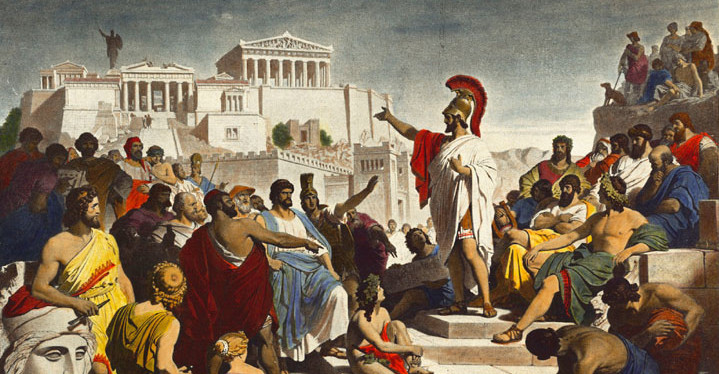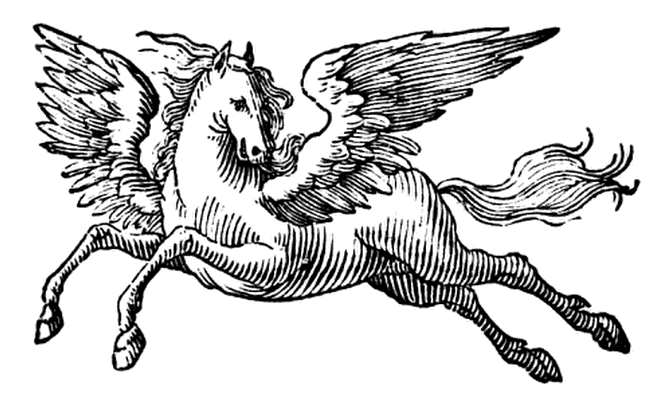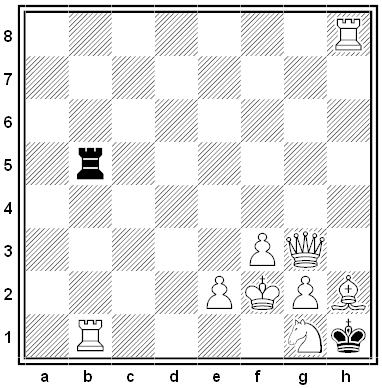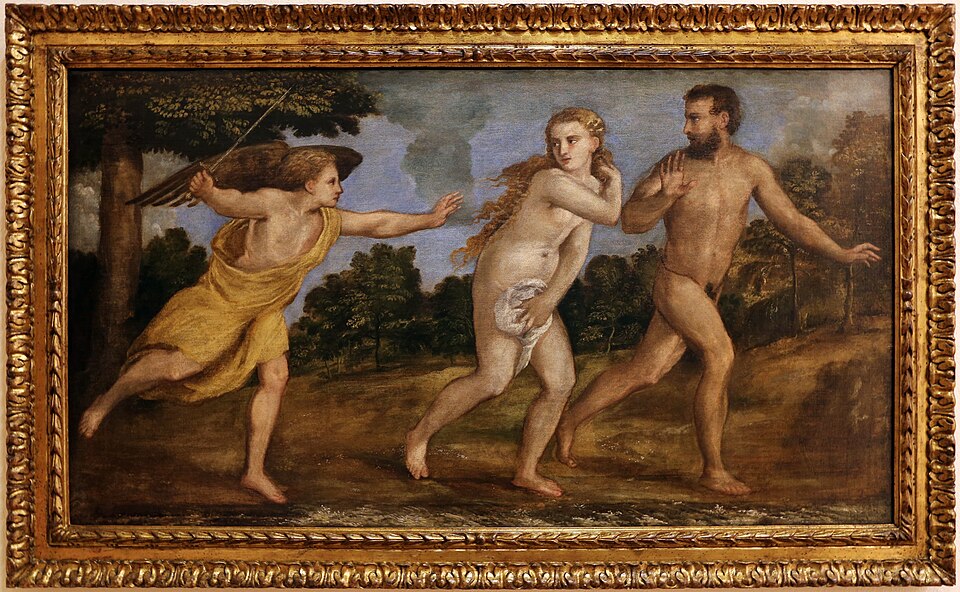
Think of democracy as a machine. At fixed intervals, the preferences of individual citizens are fed into the machine, and it aggregates them and produces a “choice” of its own. Democratic rule is achieved if, when the machine isn’t working, its most recent choice is acted upon.
“The question now arises: What is the authority of the choice expressed by the machine?” writes philosopher Richard Wollheim. “More specifically, why should someone who has fed his choice into the machine and then is confronted by the machine with a choice non-identical with his own, feel any obligation to accept it?”
(Richard Wollheim, “A Paradox in the Theory of Democracy,” in Peter Laslett and W.G. Runciman, eds., Philosophy, Politics and Society, Second Series: A Collection, 1962.)





